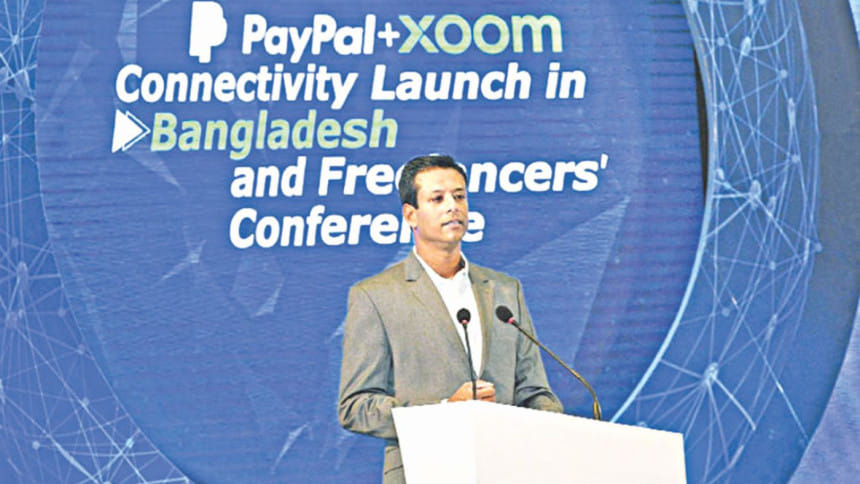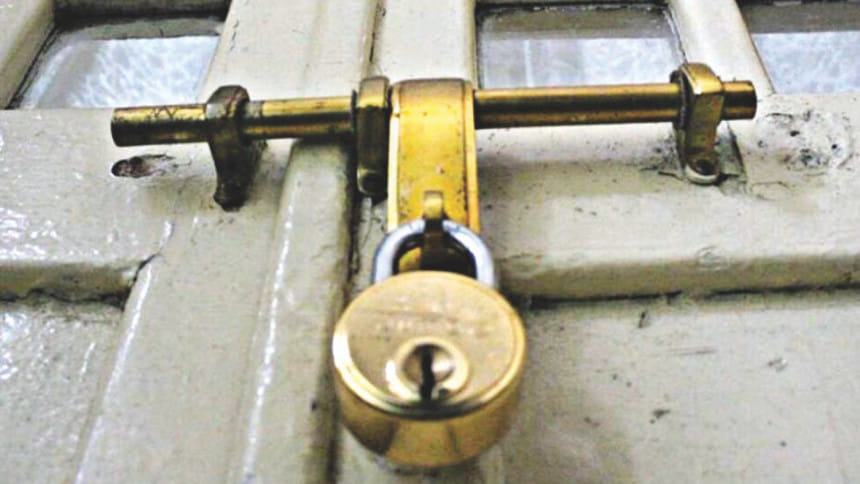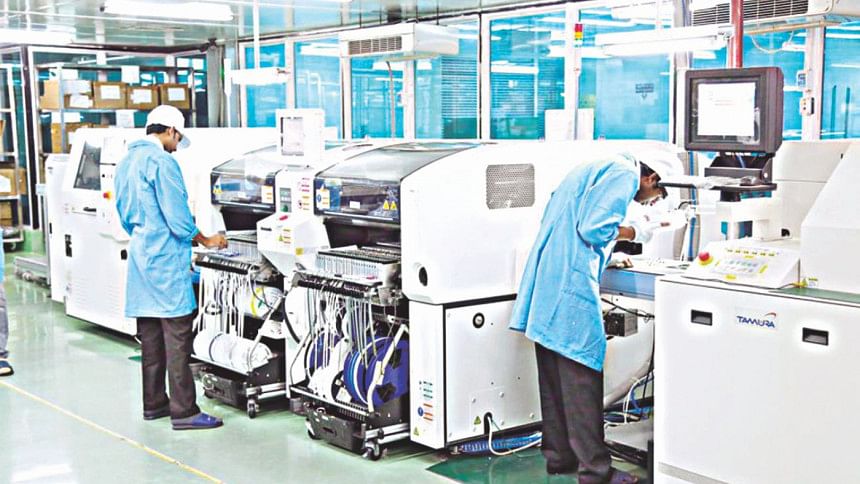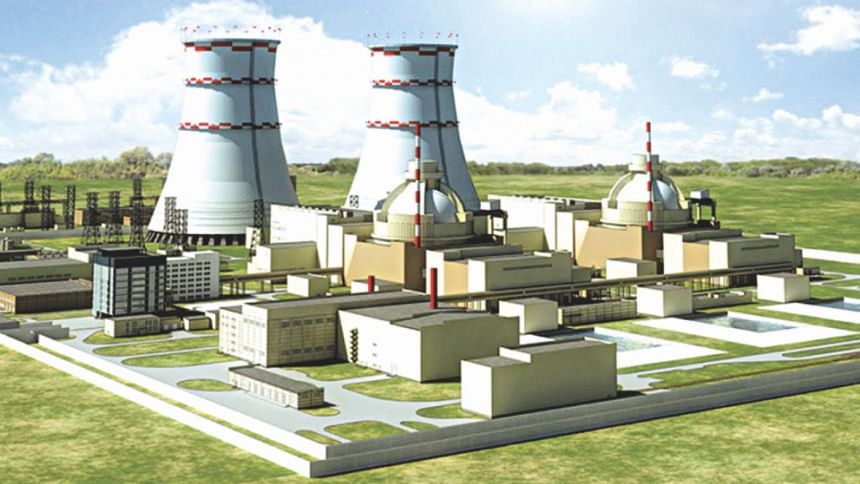TOP SEVEN OF 2017
In the IT landscape, 2017 has been a roller coaster ride. We saw few startups take off, we saw multimillion dollar tech businesses to shut down, we saw robots encroaching human tasks- it has been quite a year. But out of all the changes these are the top tech happenings of the yesteryear in Bangladesh.

The Paypal AFFAIR
This year, Paypal service was officially launched in Bangladesh. In actuality, it wasn't the full-fledged service of Paypal. Rather it was a one-way money channel through a Paypal's Xoom. Xoom already was operational in Bangladesh and had routed nearly 200 Crore BDT by the time it was launched. The service
is only limited to nine banks currently, with other banks opening up in the future.

Sofia Sofia!
In December, the first intelligently robot citizen of the world, Sophia, visited Bangladesh for the Digital World Expo. The Prime Minister of Bangladesh, Sheikh Hasina, met with the robot and asked her a few questions, with the video going viral on social media. A citizen of the Kingdom of Saudi Arabia, Sophia was well received in Bangladesh and this generated quite a buzz.

One step closer towards the 'Billion Dollar' milestone
Bangladesh government has set aim to shift from labour intensive economy to a talent intensive economy. IT is a big bet in this regard. Bangladesh has plans to earn at least 5 billion Dollar from inward remittance directly from the ICT export by 2021. The result so far is promising: att the end of the year, Bangladesh's State Minister for ICT, Zunaid Ahmed Palak, broke the news of the annual export earnings in the ICT sector neared $800 million, which was only $26 million back in 2009. At this pace, we can expect by the year 2018 we will be reaching the Billion dollar milestone of ICT exports.

Going lean
Getting lean and reducing staff seemed to be the trend for multinational tech companies in Bangladesh for the last year. Within just a few years of operation in Bangladesh, Accenture decided to leave Bangladesh in 2017. Ericsson Bangladesh, a multinational networking and telecommunication company decided to lean up its local operation by doing layoffs for its employees in Bangladesh. Jovago Bangladesh, subsidiary of Paris based Jumia Travel closed its operation too this year. Several other foreign-funded IT firms departed throughout the year.

The rise of ridesharing
Ridesharing apps literally took off this year. These initiatives were much well-received by the commuters of Dhaka and Chittagong as it eased up their lives from the crushing traffic and hassles of availing public transports. UBER and Pathao, the top dogs of the ridesharing game, were operational last year but grew exponentially this year. There are some dedicated services for women in Dhaka now and one pilot project has been started of sharing bicycle in Jahangirnagar University. According to several reports there are 12 ridesharing active services in Dhaka and another 30+ to enter the market by 2018.

Building our own
After the government's decision to reduce import taxes, Walton, one of the leaders of the low-cost smartphone market in Bangladesh, decided to open its own assembly plant on about 50,000 sqft of land, with an annual production capacity of 3 Million handsets. And the first locally manufactured smartphone is already released on the market, it's called the Primo E8i, and it costs only 3,500 BDT/-. Symphony has also joined the line and so did Chinese manufacturer iTel. Few Bangladeshi IT giants went global too. TigerIT opened a factory in Kathmandu to manufacture digital registration plates.

Fission-ing for the future
The long-awaited construction of the first ever nuclear power plant finally began on 30th November. This pre-liberation perceived megaproject is now being implemented with Bangladesh's own Bangladesh Atomic Energy Commission and financial, technical and technological support by Russia through its own nuclear agency, Rosatom. With an aim to add 2400MW electricity to the national power grid by 2024, helping Bangladesh meet it's growing electricity demands, this is a certainly a giant step to quench the growing energy demand of this country's growing economy.

 For all latest news, follow The Daily Star's Google News channel.
For all latest news, follow The Daily Star's Google News channel. 



Comments